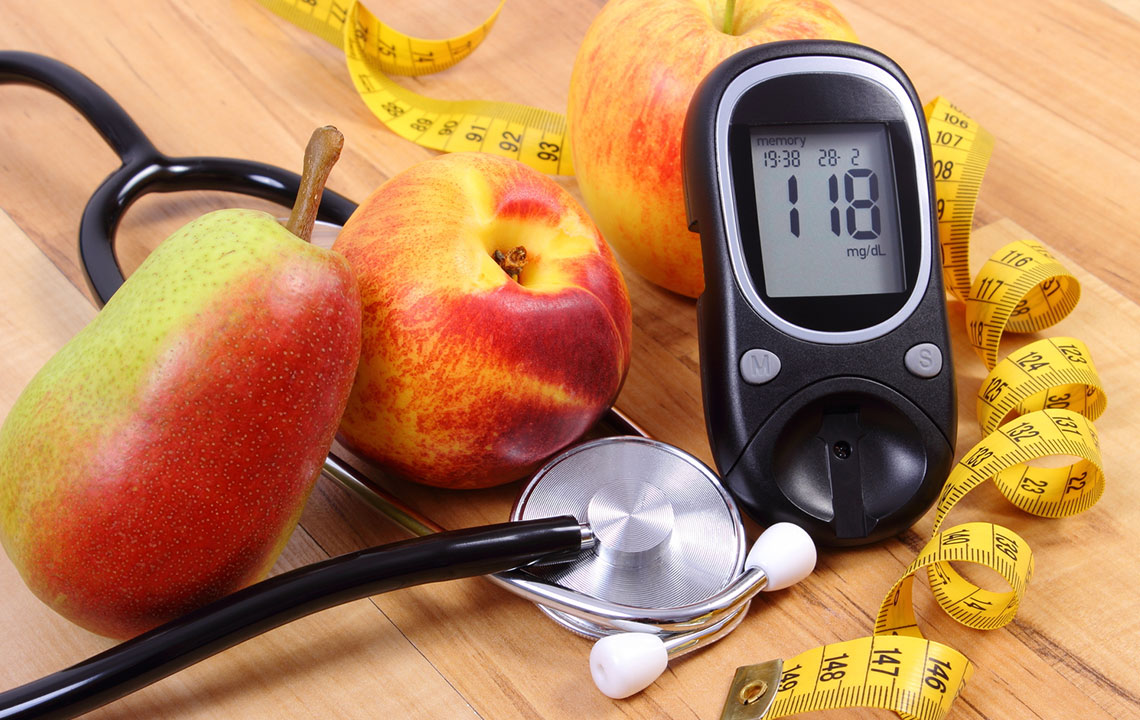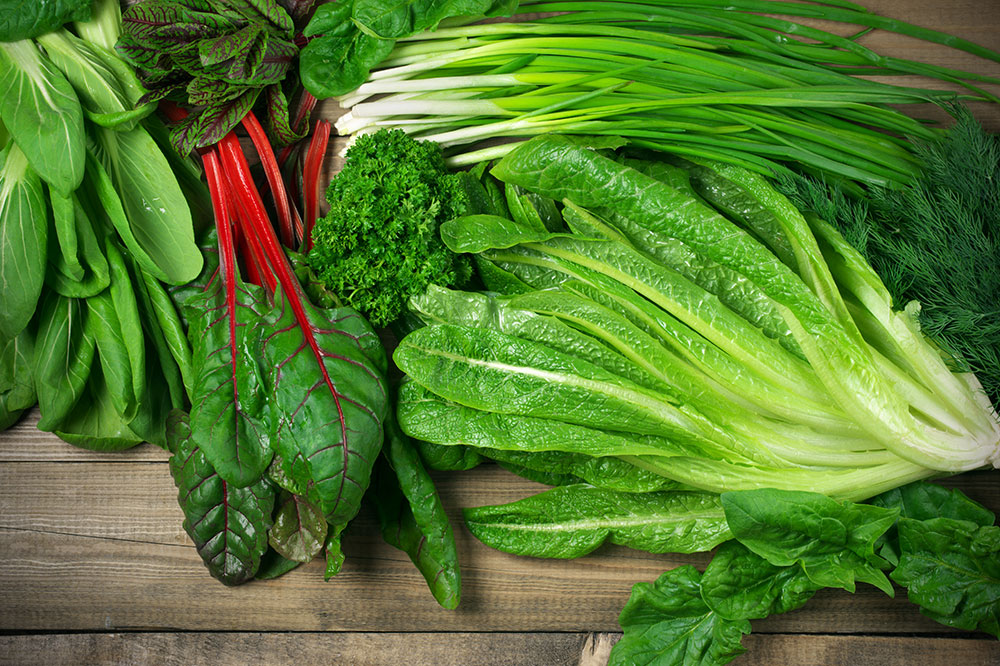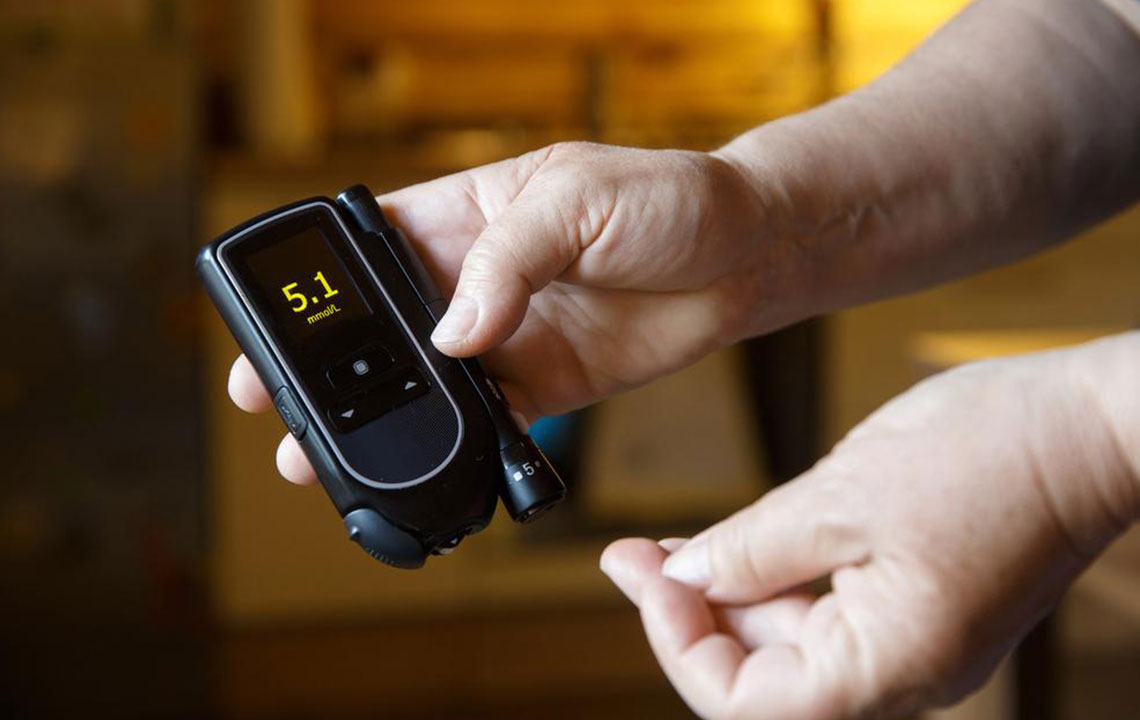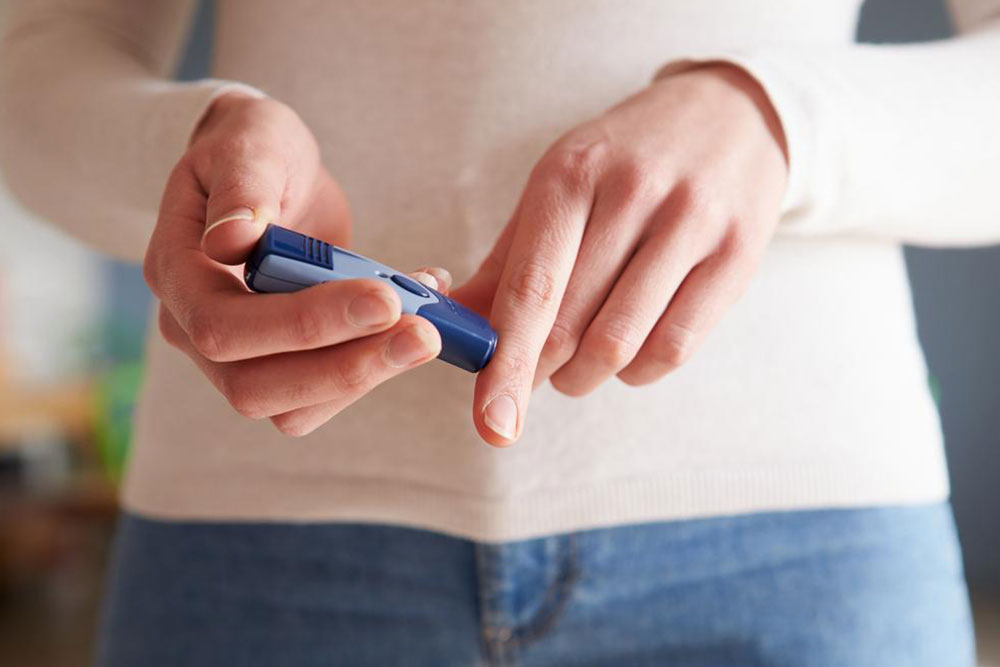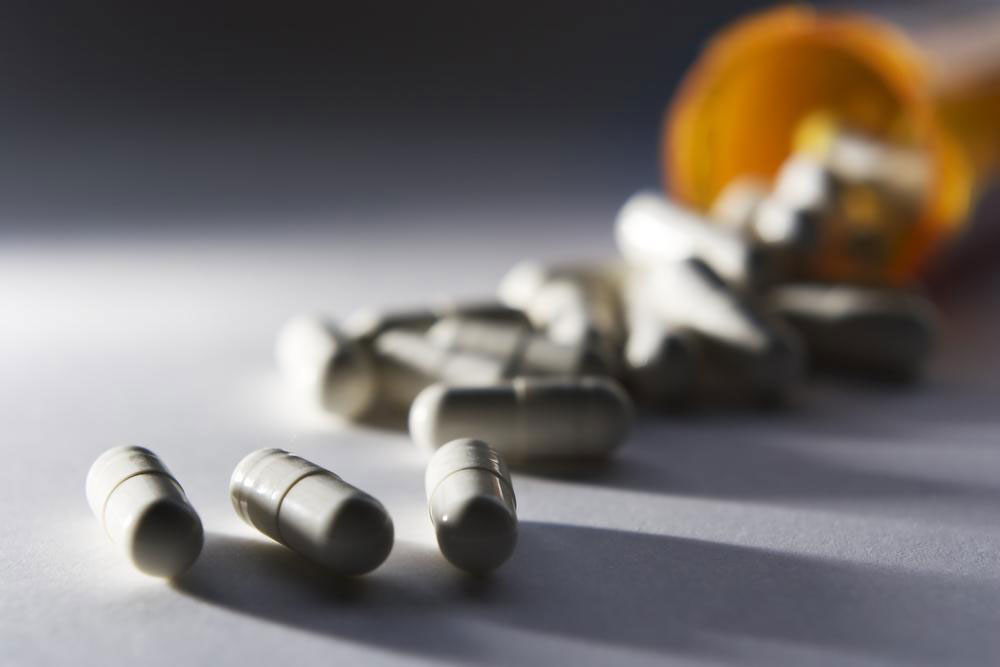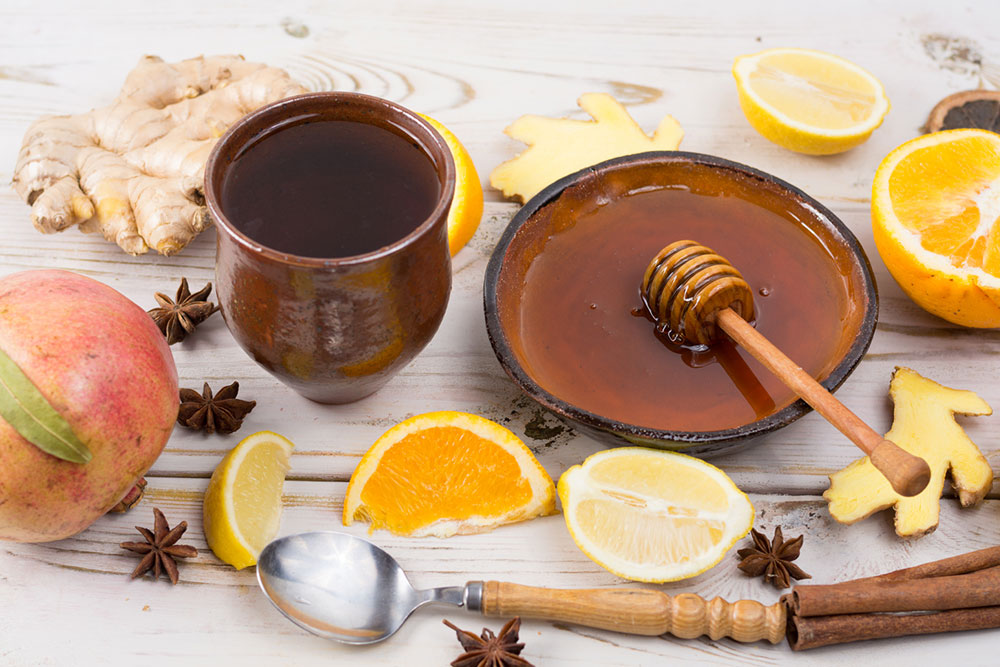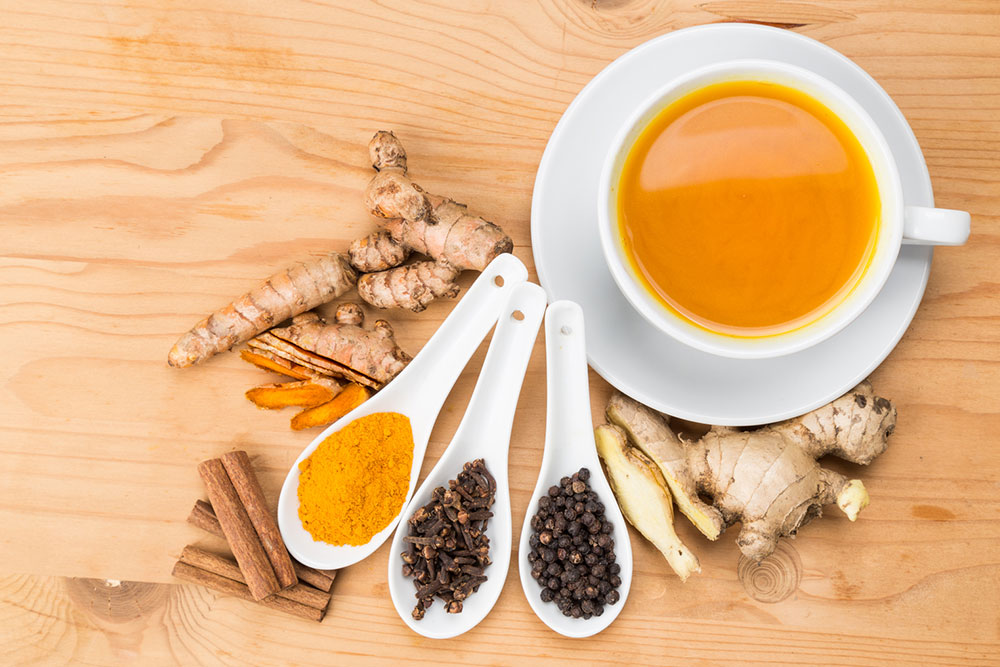Natural Strategies to Successfully Manage and Reverse Diabetes
Discover effective natural methods to control and potentially reverse diabetes. This article offers dietary tips, lifestyle changes, and stress management strategies backed by medical research. Implementing these practices can improve insulin sensitivity, maintain healthy blood sugar levels, and reduce the risk of complications. Consistency, discipline, and professional guidance are key to success in managing diabetes naturally and leading a healthier life.

Natural Strategies to Successfully Manage and Reverse Diabetes
Diabetes continues to soar as a major global health challenge, affecting millions across all age groups. Currently, over 132,000 children under 18 live with juvenile diabetes. Medical findings indicate that fasting blood sugar levels above 126 mg/dL signify diabetes, while levels between 100-125 mg/dL suggest prediabetes. Normal fasting blood glucose is below 99 mg/dL, with the standard being under 83 mg/dL. Managing blood sugar early is crucial for preventing severe complications like heart disease.
Elevated blood glucose levels increase the risk of cardiovascular issues. Fortunately, adopting natural lifestyle changes can help keep blood sugar in check. Consuming nutrient-rich foods, engaging in regular physical activity, and maintaining stress control form the pillars of effective management. Incorporating natural substances such as cinnamon and apple cider vinegar may boost insulin sensitivity. The success of these approaches depends on factors like disease severity, duration, and genetics. Commitment to a disciplined routine, including healthy eating and exercise, is essential for long-term success.
Key strategies for natural blood sugar regulation
Achieving proper blood glucose control requires consistent efforts, including dietary adjustments and lifestyle modifications. Once levels normalize, reverting to old habits can be detrimental. Here are some proven methods:
Opt for whole grains in your diet
Whole grains are rich in essential nutrients and fiber, which slow glucose absorption, aiding in blood sugar regulation. High-fiber diets support weight management and improve overall health, making it easier to maintain optimal blood glucose levels.
Limit alcohol intake
Reducing alcohol consumption helps prevent spikes in blood sugar. Alcohol contains chemicals that can elevate glucose levels and adds unnecessary calories, which may impair organ function. The American Diabetes Association recommends men limit to two drinks daily and women to one, but consult your healthcare provider for personalized advice.
Incorporate regular physical activity
Staying active is vital for controlling blood sugar. Exercise helps burn calories and reduces body weight, lowering diabetes risk. Even 30 minutes of daily activity like walking, yoga, or aerobics improves muscle glucose uptake, naturally lowering blood sugar levels. Tailor workouts to fit your schedule for consistent benefits.
Manage stress effectively
Chronic stress elevates blood sugar and can lead to complications. Practices like meditation, deep breathing, and leisure activities help mitigate stress. Prioritizing mental well-being supports overall diabetes management.
Dietary recommendations
Focus on a balanced diet rich in fresh vegetables, salads, and plant-based proteins such as nuts, seeds, beans, and tofu. Avoid refined carbs, white flour, and processed foods that raise triglycerides. Emphasize high-fiber, low-glycemic foods to promote healthy lipid levels and maintain steady blood sugar.


